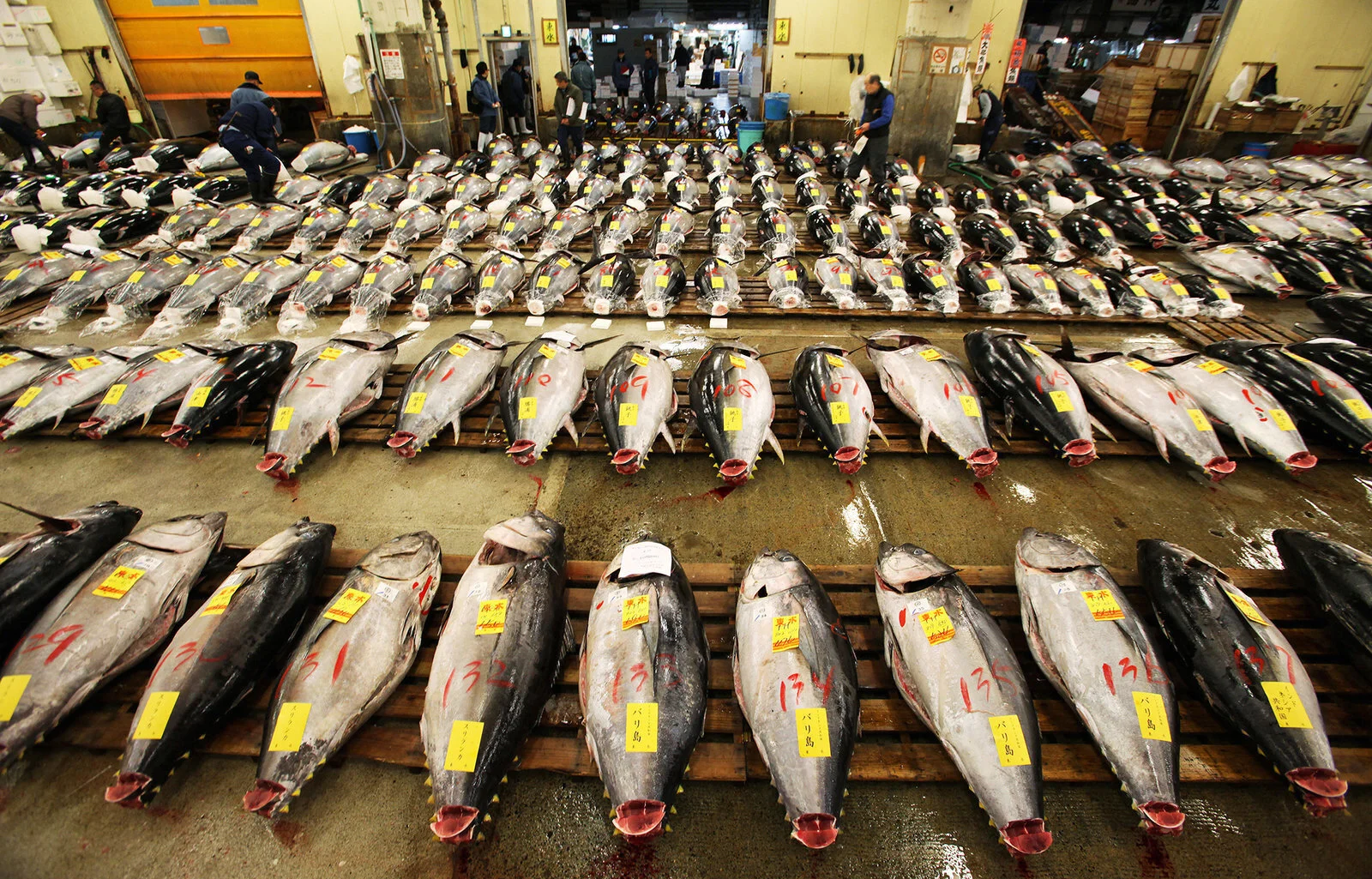TUNA WARS, Book now released
TUNA WARS, the book of everything you wanted to know about Tuna, is now available…. As e-book and in hardcover. You can buy Tuna Wars using this link.
Tuna Wars is published amidst eye-catching developments in some of the ongoing epic tuna wars that figure in the book. The Dolphin Safe certification as well as the presumed price fixing conspiracy are the central issues to be judged in the current US court in cases against the Big Three American tuna canners, Bumble Bee, Starkist and Chicken of the Sea.
These wars will shake up the Tuna World. The federal judge ordered Starkist to pay a criminal fine of $100 million. More civil claims will add to the burden. ‘Charlie the Tuna’ Bumble Bee, the brand that has supplied tuna for generations of Americans, is about to collapse under the weight of the depending massive claims of retailers. Sorry Charlie!
The Big Three are also being sued by consumers alleging that the Dolphin Safe label, probably the most widely used sustainability label on canned tuna worldwide, has been used in a way that very much resembles consumer fraud. Tuna Wars readers will come to understand the background of these battles and the impact and role that sustainability claims have in the wicked world of tuna.
Meanwhile in Madrid, the Climate top is heading for a bumpy road towards goals that seem difficult to be accomplished. This poses new challenges for managing our global fish stocks, not in the least the tuna populations. Tuna Wars will provide the reader with updates on how we try govern our global stocks. Sometimes with remarkable success like in the case of bluefin tuna. But with policies and instruments that still need a lot of care and future development to become effective.
Wherever tuna is hauled ashore, the sound of battles is never far away. Read more in Tuna Wars.
Tuna Wars: published by Springer editorial.
Brexit: Tuna, Mad Dogs and Englishmen
“Mad dogs and Englishmen" is the title of a famous song by Noel Coward, satirising the unwillingness of English people to adopt the custom of taking a siesta during the heat of the day in tropical climates. Climate change may give this expression an updated significance. But also the Madness of Brexit does: who does not adopt will end up as a mad dog. And as we will see, in the end this madness will reflect too on the sustainability policies for the oceans, the fisheries and tuna.
The ruling of the British Supreme Court this week to declare ‘null and of no effect’ the prorogation of the British parliament is broadly seen as a victory of democracy and the rule of law. No government is allowed to send parliament away and kill its sovereignty. The rule of law: it was quiet a relief for all British and Europeans who want to fight populism, that this autocratic behavior of the British Prime Minister was effectively denominated as illegal.
But everyone realized that it is much too early to uncork the champagne. Brexit is still there looming in the dark. And fishery policies might be exemplary for the hell that is still for us to come. In particular with a No Deal-Brexit.
In a strong Op-ed in the Dutch business daily Het Financieele Dagblad, Pim Visser of the Dutch fishery organization VisNed painted a dark future. In the case of a No Deal we can expect instantly chaos in the Northern-Western waters of the European continent. EU fishermen are not allowed to fish anymore in British waters. Fights on the water will probably start as a result. The effects for the British fisheries are devastating: 75 % of the British catch is exported, and 80 % of that goes to the EU. The British will not be able to transport their fresh products to the mainland. Stock will pile up, freezing capacity is limited. And even if transport is restored after some months of chaos on the boarders, high import taxation for being outside the EU will make their products not competitive on the European market.
And then there are the sustainable fisheries. After decades of laborious negotiations, the EU managed to create a complex and delicate system of common fishery policies that might be considered as one of the most underestimated successes of European cooperation. Not only the rights and quota to fish in each other’s territories were successfully balanced, also a sustainable fishery policy started to bear its fruits. Many stocks that were depleted or overfished recovered in the last five years due to the common governance in a sustainable way. This all will go down the drain if there is No Deal.
It is exemplary for the total madness of Brexit and a vivid proof of what is called the tragedy of the commons. Basically, this means that splitting up partnerships like the EU is not zero-sum game: everybody will lose. Sustainable fisheries will be impossible to implement. Stocks will again diminish. The only way to avoid that, is actually the status quo we have on common fishery policies right now.
More madness is still to come: many, in particular the Brexiteers, seem to forget that Brexit is not the end, but only the beginning of negotiations on the future relationship between Great Britain (or what is left of it) and the EU. In the complex matter of fisheries this might take a decade. Or more. And it is almost inevitable that the best outcome of these negotiations is a deal like the current situation we have under EU-rule.
So, what about tuna? First there is a substantial risk that the strong come-back of bluefin tuna in the Northern Atlantic, North Sea and even the Gulf of Biscay will immediately go into reverse. The dwindling populations like herring will drastically diminish the prey fish available for tuna and other big predators. The remarkable recovery of the Eastern Atlantic bluefin tuna, the tiger of our European waters, might haul in another downfall.
As it comes to the tuna markets and trade, Britain will have to deal with the EU market access requirements for seafood. EU Fishery Market researcher Francisco Blaha, an independent advisor on sustainable fisheries (and a very appreciated colleague tuna-lover) wrote a manual on it. Great stuff to download, but only recommended for people with a strong stomach. In a tweet this week Blaha wrote: ‘EU Market Access Requirements Specialist is actually a VERY complicated job, you need to understand fisheries, seafood safety, customs and EU bureaucratic processes. The manual I wrote about it is my most downloaded publication. Why would a country go voluntarily into that?’
Indeed why? Maybe only a nation of Mad dogs and Englishmen is able to do it. The Brexit Madness will damage oceans, sustainable fisheries and, last but not least, tuna.



